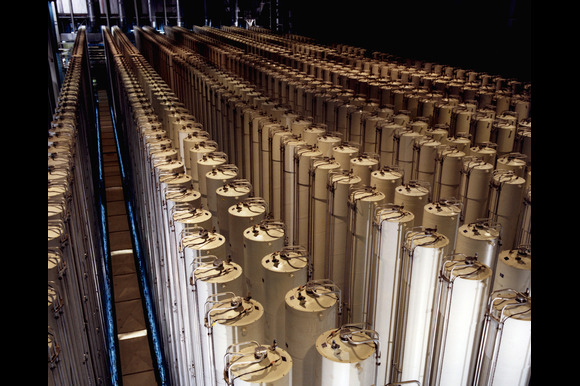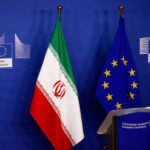Niger’s ruling military junta has announced plans to nationalise Somaïr, a key uranium mining company majority-owned by France’s Orano, in the latest and most dramatic escalation of tensions between Niamey and Paris.
Somaïr, which has long been operated by French nuclear fuels firm Orano, is accused by Niger’s leadership of engaging in what it described as several “irresponsible acts.” Since coming to power in a 2023 military coup, Niger’s authorities have made repeated declarations asserting their intention to take greater national control over the country’s natural resources and have progressively distanced themselves from France, their former colonial ruler, while strengthening ties with Russia.
Niger is the world’s seventh-largest producer of uranium and possesses Africa’s highest-grade uranium ores—making control of the sector a key political and economic priority for the military government.
“This nationalisation will allow for healthier and more sustainable management of the company and, consequently, optimal enjoyment of the wealth from mining resources by Nigeriens,” the junta said in a statement on the matter.
Orano has not issued any official response as of yet. The French state-owned company, which has operated in Niger for decades, holds a 63% stake in Somaïr. However, last year Niger’s military authorities effectively seized operational control of the mining operation, citing sovereignty concerns.
According to reports from Reuters, Orano has launched legal proceedings against the Nigerien government in response to its actions. The French company’s long-standing presence in Niger, dating back to before the country’s independence from France in 1960, has been a source of growing political friction. France secured preferential access to Niger’s uranium supplies through a series of exclusive bilateral agreements following independence, agreements many in Niger have increasingly viewed as neocolonial and exploitative.
Analysts suggest that the nationalisation of Somaïr, while politically significant, may have broader economic consequences. They warn that rising uncertainty over the future of Niger’s mining sector could jeopardise hundreds of jobs, disrupt export earnings, and deter foreign investment.
This move follows a regional trend, as neighbouring Mali—also under military rule—announced earlier this week that it is constructing a gold refinery in cooperation with a Russian conglomerate. Like Niger, Mali’s leaders have indicated their intention to reclaim greater control over national resources and to pivot away from partnerships with France and other Western powers.
Observers view these developments as part of a broader realignment across the Sahel, where military governments are pursuing assertive economic nationalism and strategic partnerships beyond traditional Western allies.






